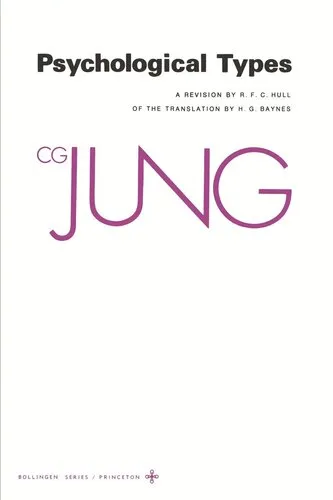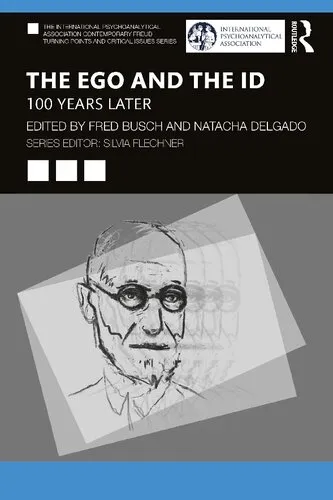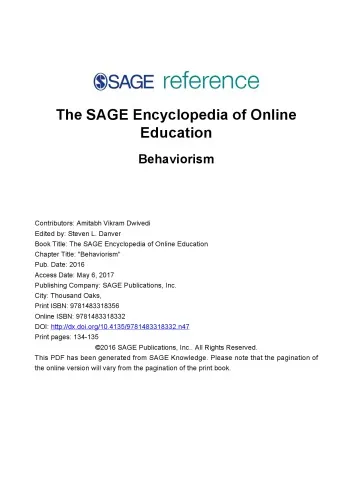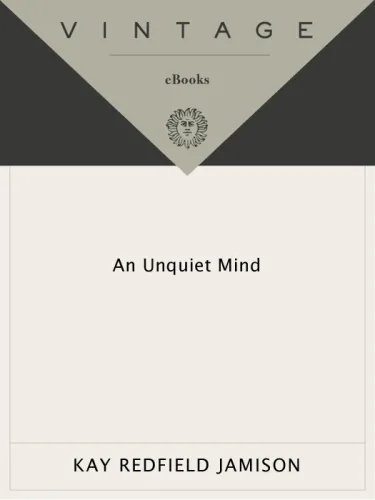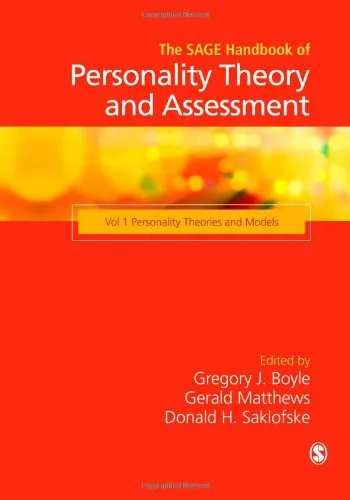Collected Works of C.G. Jung. Volume 6 Collected Works of C. G. Jung, Volume 6: Psychological Types
4.7
Reviews from our users

You Can Ask your questions from this book's AI after Login
Each download or ask from book AI costs 2 points. To earn more free points, please visit the Points Guide Page and complete some valuable actions.Related Refrences:
Introduction to 'Collected Works of C.G. Jung, Volume 6: Psychological Types'
The sixth volume of Carl Gustav Jung's Collected Works, titled "Psychological Types," serves as a cornerstone in analytical psychology and offers profound insights into understanding human personality. With meticulous research and keen psychological acumen, Jung presents a framework that categorizes psychological differences into a typology that has influenced psychological theory and practice for decades. This volume not only presents a breakthrough in psychological theory but also lays the groundwork for several modern psychological assessment tools.
Summary of the Book
"Psychological Types" explores the concept of personality types and distinguishes between different modes of experiencing the world. Jung identifies two primary orientations of energy: extroversion and introversion. Extroverted types are characterized by their focus on the external world, engaging actively and perceiving stimuli from their surroundings, while introverts are oriented towards the inner world, reflecting and processing experiences internally.
The book further delves into the four primary psychological functions: thinking, feeling, sensation, and intuition. Each of these functions can manifest as dominant or auxiliary, creating diverse personality configurations and unique individual profiles. These dichotomies result in an array of psychological types that define the myriad ways in which people interact with the world.
Jung's exploration extends beyond mere definitions; he delves into how these types affect personal development, relationships, and societal dynamics. His work provides a lens through which psychological phenomena can be systematically understood, serving as a vital tool for therapists and individuals alike.
Key Takeaways
- Introduction of extroversion and introversion as fundamental personality orientations.
- Development of four psychological functions: thinking, feeling, sensation, and intuition.
- Conceptual foundation for several modern psychological assessment tools, such as the Myers-Briggs Type Indicator (MBTI).
- Insight into how different personality types influence behavior, interaction, and personal growth.
- Framework that assists therapists in understanding client dynamics and individual differences.
Famous Quotes from the Book
"Everything that irritates us about others can lead us to an understanding of ourselves."
"We cannot change anything until we accept it. Condemnation does not liberate, it oppresses."
Why This Book Matters
"Psychological Types" serves as a seminal text for those interested in psychological theories, providing a foundational understanding of personality assessment that continues to impact psychology today. Jung's typological theory has not only enriched academic discourse but has also permeated popular culture, influencing self-help literature and identity exploration.
This volume stands out because it addresses the diversity of human experience and blends scientific analysis with introspective insight. By offering a structured yet flexible understanding of personality, Jung empowers readers to appreciate individual differences, nurture personal growth, and improve interpersonal relationships.
Moreover, therapists benefit from Jung's typology by gaining better insights into patient behaviors and refining their therapeutic approaches. In a world increasingly focused on self-awareness and personal development, "Psychological Types" remains a relevant and valuable resource.
Free Direct Download
You Can Download this book after Login
Accessing books through legal platforms and public libraries not only supports the rights of authors and publishers but also contributes to the sustainability of reading culture. Before downloading, please take a moment to consider these options.
Find this book on other platforms:
WorldCat helps you find books in libraries worldwide.
See ratings, reviews, and discussions on Goodreads.
Find and buy rare or used books on AbeBooks.
1226
بازدید4.7
امتیاز0
نظر98%
رضایتReviews:
4.7
Based on 0 users review
Questions & Answers
Ask questions about this book or help others by answering
No questions yet. Be the first to ask!
